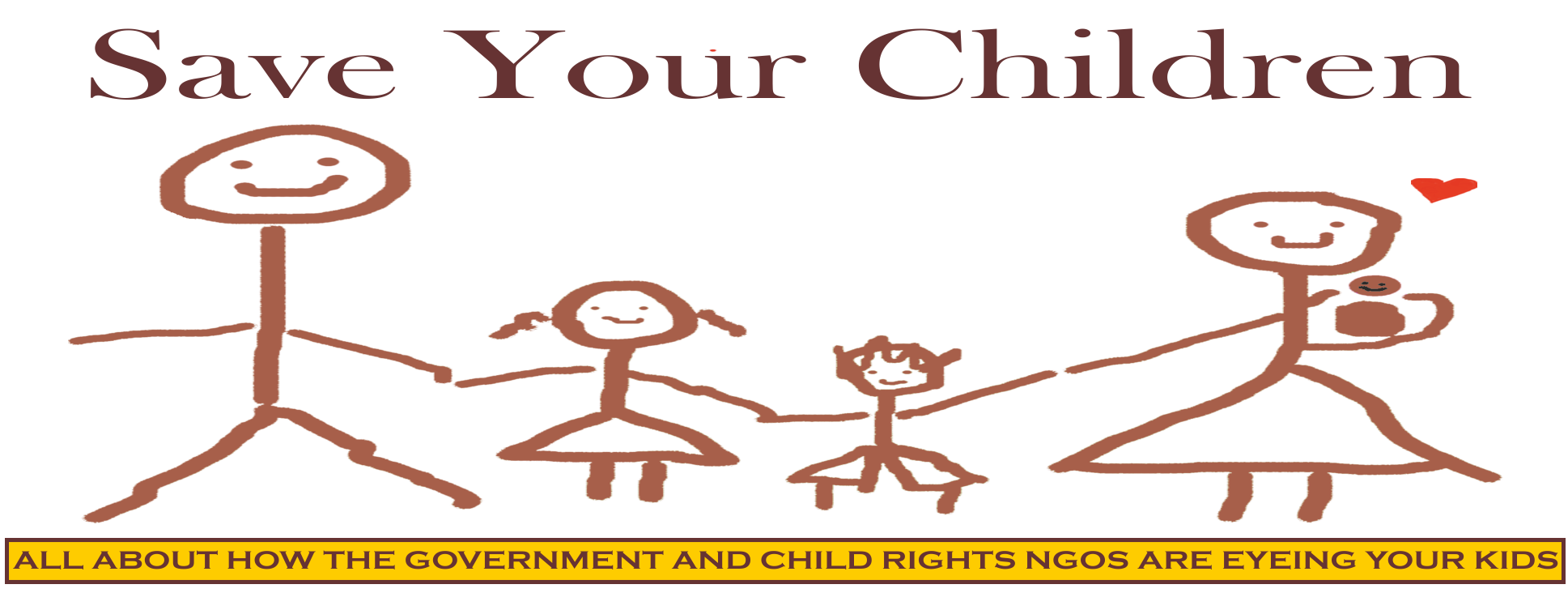Human rights lawyers and distressed parents across the country have urged the Indian Government not to give in to US …
Author: suranya
Like Indian Parents In The USA, Parents In New Zealand Are Being Accused Of Abuse For What Could Be Brittle Bone Disorders In Children
New Zealand Herald, 16 October 2017: A young couple are fighting a decision to take their two children – one a newborn baby – into state care because of a suspected child abuse injury which they believe is due to brittle bone disease.
State Surveillance For Every Child In Scotland?
Scottish activist June Conway describes the controversy around a Scottish law, the “Named Person Scheme”, which appoints a state official to keep all children and their parents under state scrutiny and mandatory reporting from conception till majority. This scheme was developed under the Scottish government’s ‘Getting It Right For Every Child’ Policy (GIRFEC) which the Scottish government describes on its website as an approach to child policy that “has been built up” from the United Nations Convention on the Rights of the Child (UNCRC). It is interesting to see how the UNCRC was interpreted in Scotland to develop a plan to keep families under constant and all-pervasive state scrutiny, and how parents were the last to find out about it. Though the UNCRC pays lip service to a child’s rights to its family, not a single country has interpreted its provisions to develop schemes that would strengthen vulnerable families. In practice its implementation in country after country has meant the establishment of laws and agencies that police the family. Its provisions have been used to justify increasingly swift and permanent severance of a child’s ties with its natural family.
The Global Child Rights Model in India by Nandita Rao
“It is for the first time in the year 2000 with the amendment of the Juvenile Justice Act that the State in India stepped into the lives of families…..committees have been empowered to take any decision that they consider to be in the welfare of the child, overriding even the wishes of the child and the parents…..I have observed that both Child Welfare Committees and Courts, endorse keeping the child with the family as the first option. The decisions are normally to reinforce the family rather then to separate the child from the family. However, unfortunately, there is no mandate in the law to suggest that this should be the first option. It is merely the current social conditioning of the decision-makers. I have also observed that often teenage children who run away from home, within weeks of staying at a State-run institution, choose to return to their parents, and are allowed and encouraged to do so. Acknowledging that often the problems are not irreconcilable, but circumstantial. It is time we reconsider the role of the State in the life of a child.”
How Norwegian experts came to reject biological kinship as relevant in child welfare policy by Professor Marianne Skanland
Professor Marianne Haslev Skanland writes about how experts in Norway came to ask for the exclusion of considerations of biological kinship – «the biological principle» – in formulating child welfare policy there. Indian readers will be intrigued to see just how far things can go once you set on the path of child rights as envisioned in the developed West today.
UN Water In Dubious Company
A United Nations agency, UN Water, that is apparently behind the World Toilet Day project was caught with its pants down (or, as we would say in Delhi, its lota missing) tweeting an invitation to the notorious Ram Rahim….
Norwegian MP’s Article on Child Welfare Services in India’s Sunday Guardian Makes News in Norway
“We need a child welfare that works to a greater extent with prevention and support measures at home, as well as using the children’s family or network when care is the only solution” writes Norwegian MP, Orsal Johansen in email interview with Filter Nyheter.
Norwegian MP Tears Into Their Child Welfare System
The most suspect and frustrating of all in child protection cases I hold to be the absence of any requirement of proof, of stated and reasoned cause, or of concrete answers. Allegations are made without any form of documentation, just expressions like “we think” and “our assessment”. The County Committees accept vague, undefined claims and arguments, and do not demand anything in the way of quality control and concrete justification for the CWS’s conclusions….They have in my view become a state within the state, they do not act according to existing laws and rules. It seems to me that they have one goal only: as many children as possible taken into care. This is not how the CWS should work.
Switzerland’s ‘Contract Children’
A television programme about children taken from their families to be used as farm labour in Switzerland between 1850 to 1980.
Australia’s ‘Stolen Generation’
Published in Discover Stories on the website australianstogether.org.au.
